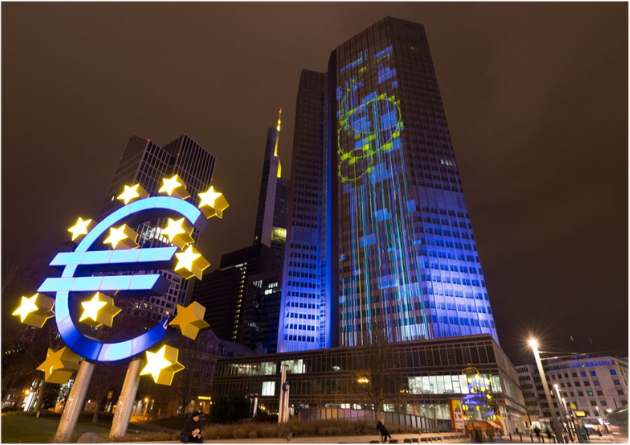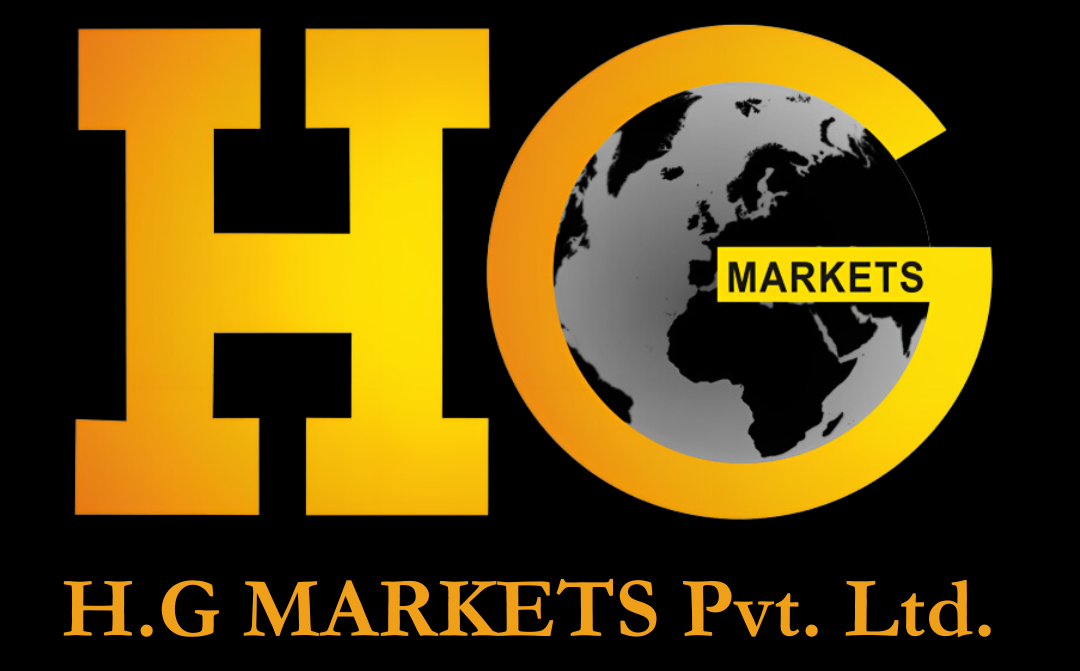Germany's IFO Business Climate Index Surpasses Expectations in October, Signaling Strong Economic Sentiment

- rabeelrana
The October release of Germany’s IFO Business Climate Index has brought about positive news for the country’s economic outlook. The index surpassed market expectations by registering at 86.9, an improvement from the previous month’s figure of 85.8, which had been anticipated to reach 85.9.
A more detailed analysis of the data reveals encouraging trends both in the present and future economic landscape. The Current Economic Assessment Index, which assesses the current economic conditions, rose to 89.2 from the previous month’s 88.7, outperforming estimates of 88.5. This indicates that not only are businesses optimistic, but they are currently experiencing favorable economic conditions. Additionally, the IFO Expectations Index, which measures the business outlook for the coming six months, increased from 83.1 in September to 84.7 in October, again surpassing market expectations, which had forecasted 83.3.
While the exact reasons behind this upturn in economic sentiment aren’t explicitly detailed in the report, it’s clear that German businesses are more positive than initially anticipated. This optimism could be attributed to a variety of factors, including recovering consumer demand and efforts to mitigate supply chain challenges. However, without more specific information, it’s challenging to pinpoint the precise drivers behind this positive sentiment.
This favorable economic data could also have implications for the Euro in the foreign exchange markets. A buoyant business climate often correlates with increased productivity and may foreshadow potential interest rate hikes, both of which tend to support a stronger currency.
In the short term, the outlook for the German economy, as well as its impact on the Euro, appears optimistic. Companies are not merely speculating about a brighter future; they are signaling that current economic conditions are robust, suggesting that this optimism is grounded in real economic improvements.
